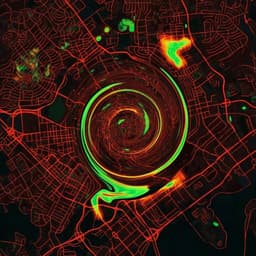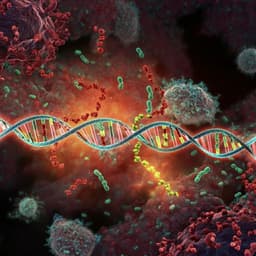
Sociology
Leading countries in global science increasingly receive more citations than other countries doing similar research
C. J. Gomez, A. C. Herman, et al.
This research, conducted by Charles J. Gomez, Andrew C. Herman, and Paolo Parigi, unveils how disparities in citation flows reveal a troubling global inequality in scientific knowledge. Through their innovative 'citational lensing' framework, they highlight the alarming trend of leading countries receiving disproportionate citations while peripheral nations struggle to gain visibility.
~3 min • Beginner • English
Related Publications
Explore these studies to deepen your understanding of the subject.







